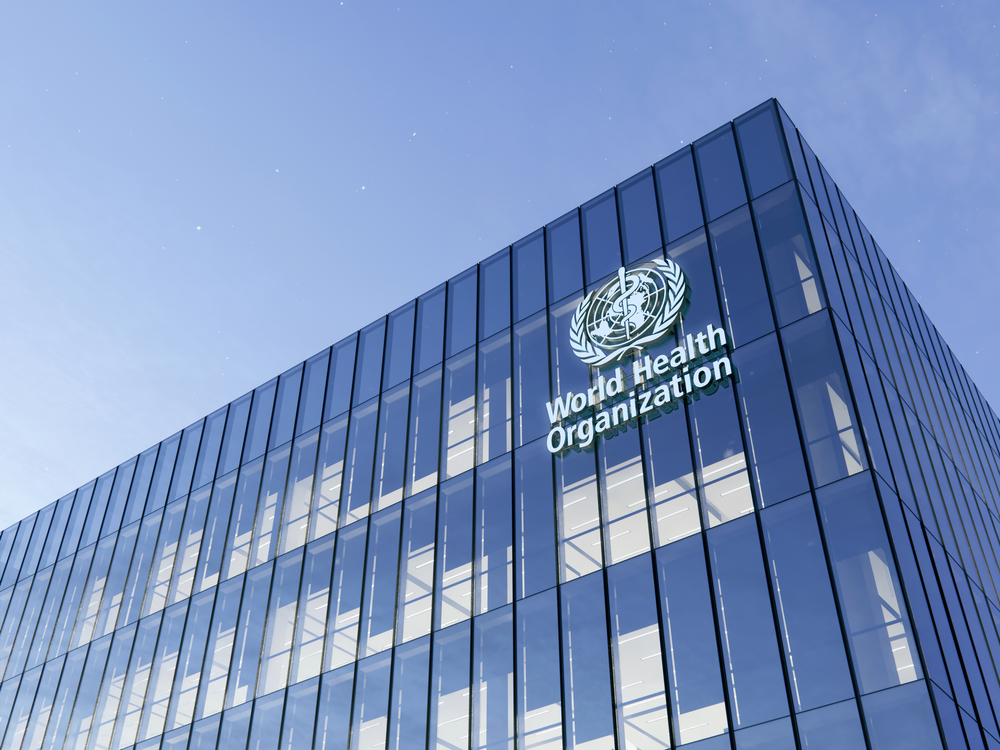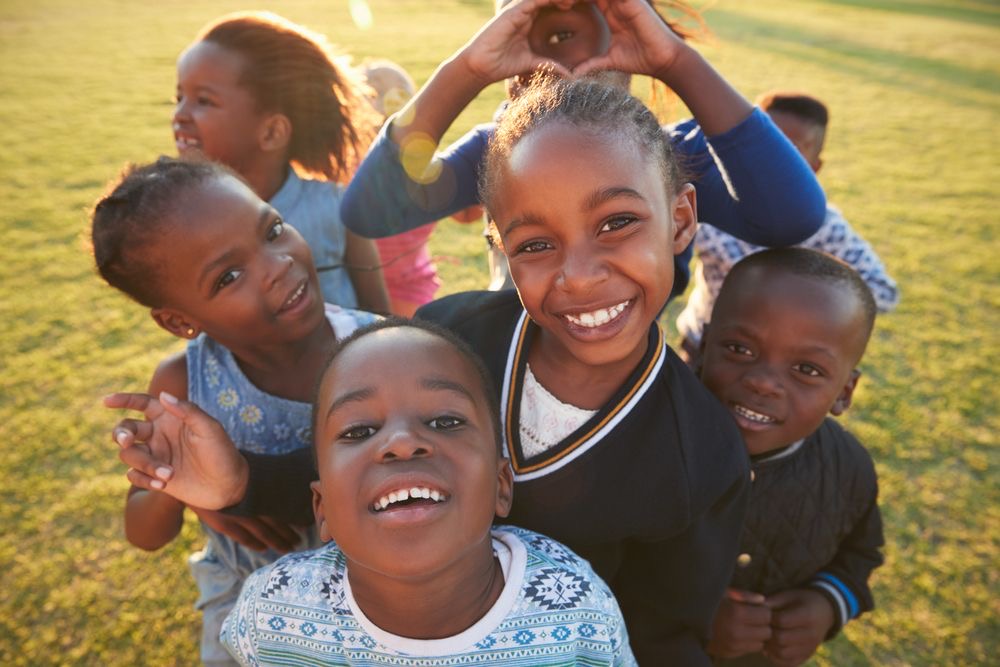A simple solution for global solidarity
Global solidarity has been in short supply during the COVID-19 pandemic, and it is still not driving the response. Normally, after the World Health Organization declares a Public Health Emergency of International Concern, countries around the world work together to address the common threat under the auspices of the WHO – but the geopolitical standoff between the United States and China did not allow for this to happen in 2020. Indeed, an increasing decoupling of global health has taken place, and is still not resolved despite increased G7 and G20 activities. Current geopolitical constellations have become a threat to global health.
Despite strong efforts by the WHO, multilateral health diplomacy has proven incredibly difficult – reinforced by attacks on the organisation itself and the Trump administration’s intention to withdraw from the organisation. The field of vaccine diplomacy – which refers to all aspects pertaining to developing, manufacturing and delivering vaccines as global public goods – was weakened despite having started with a breakthrough in the creation of the Access to COVID-19 Tools Accelerator to boost science-based solutions for vaccines, therapeutics and diagnostics. Great hopes were attached to the establishment of COVAX, a new alliance intended to provide a pooling mechanism for countries to share risks related to vaccine development and make COVID-19 vaccines available to all countries in the world.
COVAX has been called the largest and most encompassing and challenging international agreement since the Paris Agreement on climate change – and indeed it constitutes a heroic effort. But the analogy does not hold. COVAX failed as a mechanism of inclusiveness because not everyone signed up. It was severely hampered by vaccine nationalism, with countries ensuring large contingents of vaccines for their own populations and vaccines made available to select countries for geopolitical gain. So Gavi, the Vaccine Alliance retreated to the charity model of global health – depending on official development assistance and – as time moved on – vaccine donations. COVAX does forecast a large supply of vaccine doses to be available to low- and middle-income countries by the end of 2021, but the vaccine apartheid established over the last year will drive geopolitics for years to come.
Historical lessons
Expectations for global solidarity – reinforced by self-interest – were high after the scare of severe acute respiratory syndrome in 2003, when WHO members negotiated the revised International Health Regulations and ratified them in 2005 as an international legally binding framework. But within less than 10 years, health diplomacy was confronted with the failure of countries and international agencies to respond effectively to the first Ebola outbreak, which began in West Africa in early 2014. Once that outbreak was over, the cycle of panic and neglect began again: health diplomats called for a reinforcement of the IHR, a reform of the WHO, the creation of a contingency fund and the establishment of a global health emergency workforce. Among the most important moves was the establishment of the WHO Health Emergencies Programme in 2016 at the request of the World Health Assembly. But the two most important lessons from Ebola were that countries needed to fulfil their obligations under the IHR effectively and that they needed to empower WHO financially and politically. The COVID-19 crisis has made it clear that these lessons were not heeded and that the danger is high that they will not be heeded again.
Today, in 2021, we are at a similar point: various review committees have repeated many of the calls from decades past. This time, because of the significant economic and social global impacts, these matters are also debated at the G7 and the G20. There is a strange irony: the very actors that did not deem it necessary to invest in pandemic preparedness are now tasked with finding financial solutions and supporting them with their political clout. This incongruity also applies to the proposal to establish a High-Level Global Health Threats Council at the United Nations that would oversee countries’ willingness to prepare and respond to pandemics.
It is simple. The greatest potential for global solidarity lies with the WHO – an organisation that builds on its ownership by 194 countries. Yet countries are not willing to finance their own organisation adequately through their assessed contributions (AC). Independent expert reviews have been clear – now is the time to act. Increasing AC to cover at least half of WHO’s core budget is an essential investment – the sums are minimal compared with the billions that might be paid into new mechanisms. Many countries remain sceptical about negotiating a Global Pandemic Treaty that would strengthen WHO’s hand in emergency preparedness and response. But reliable financing and political clout through a treaty would make all the difference to global solidarity. It would constitute a straightforward multilateral solution. ▪












